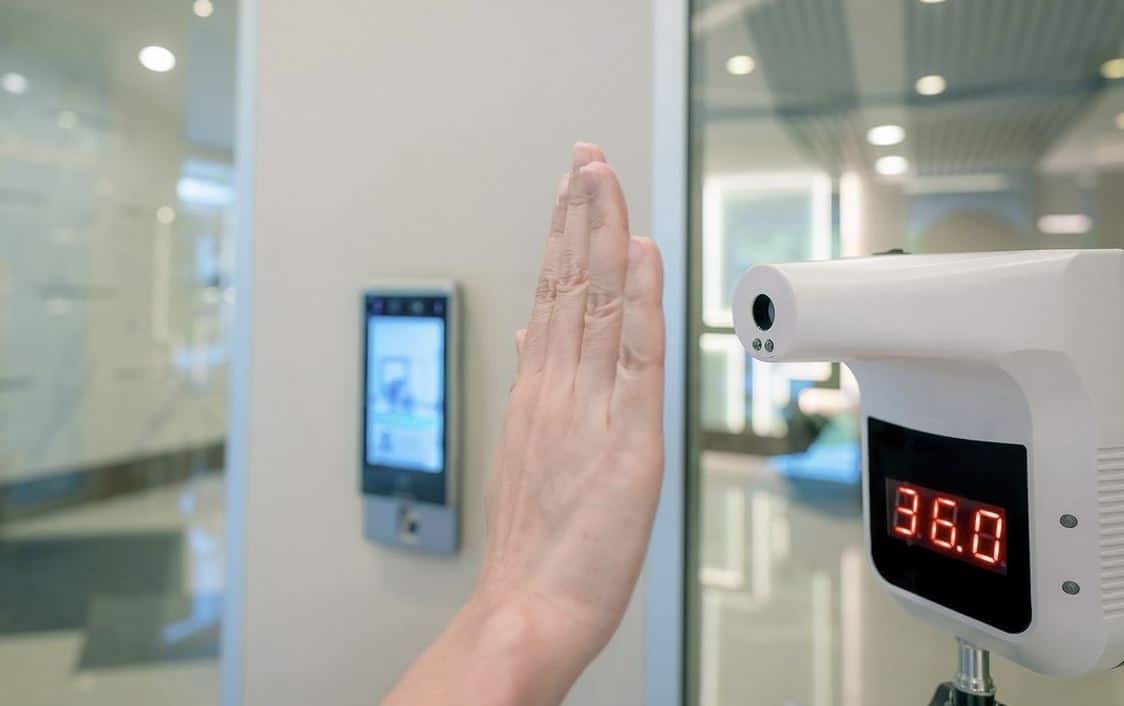Researchers develop the smart hospital of the future
The ZHAW is researching with Swiss universities and industry partners how hospitals can implement the digital transformation. The Innosuisse flagship project "SHIFT" runs until 2025.

Modern forms of organisation, digital technologies such as virtual reality or artificial intelligence, and the networking of processes and data can turn the hospital into an intelligent system and increase quality and efficiency. For three and a half years, a consortium led by the ZHAW is researching how this transformation to the hospital of the future can be implemented - together with four other research partners, around 20 hospitals and 24 industry partners. According to the ZHAW, the research project "Smart Hospital - Integrated Framework, Tools & Solutions" (SHIFT) will run until June 2025. It has a total budget of 5.7 million Swiss francs and is supported as a flagship project by Innosuisse, the Swiss Agency for Innovation Promotion.
Guide to digitization
Hospitals are the central and largest players in the healthcare system in terms of costs. "Accordingly, we have a particularly effective lever here to better tap the potential of digitalisation. Within the framework of SHIFT, we can, in a sense, develop a blueprint for the digital transformation of the entire healthcare system," explains ZHAW health economist Alfred Angerer, one of the two co-leaders of the research programme.
Digital technologies would help hospitals to better cope with challenges such as cost pressure, demographic change or higher quality demands. One example is data-based forecasting models for predicting, planning and optimizing staff scheduling. In addition, sensors and apps can, for example, help to promote the physical activity of patients after an operation and provide the relevant data for monitoring treatment goals, according to the report.
Strengthening prevention and early detection
"The 'Smart Hospital' is thus characterised, among other things, by more proactive patient care and by the fact that people are even more at the centre of the processes," says Sven Hirsch, co-director of SHIFT and head of the ZHAW Digital Health Lab. Digitalisation would generally increase the possibilities of detecting illnesses earlier or even preventing them. "With its help, we can also adapt treatment to patients even better. For example, we can discharge some of them from the hospital to their familiar environment at home earlier and still continue to treat them," adds Jens Eckstein, internist at the University Hospital Basel and medical director of SHIFT.
The research programme comprises three areas: In the first, research is being conducted into how inpatient treatment in hospital and outpatient follow-up care for patients at home can be seamlessly linked with the help of digital technologies. The second involves the development of solutions to further strengthen the ability of staff and patients to act in everyday hospital life. The third area concerns the development of effective and efficient hospital management processes.
Broad research network
The Innosuisse flagship project SHIFT is led by the Winterthur Institute of Health Economics of the ZHAW School of Management and Law, together with an interdisciplinary ZHAW team from informatics, health, data analysis as well as process design. In addition to the University Hospital Basel, the Universities of Basel and Zurich, the FHNW and the participating hospitals, 24 industrial partners are contributing to the integration of the project into practice. With the flagship initiative, Innosuisse promotes innovations in areas that are relevant to a large part of the economy and society, writes the ZHAW in its media release. SHIFT is one of the 15 research projects approved as part of the 2021 Flagship call for proposals.









